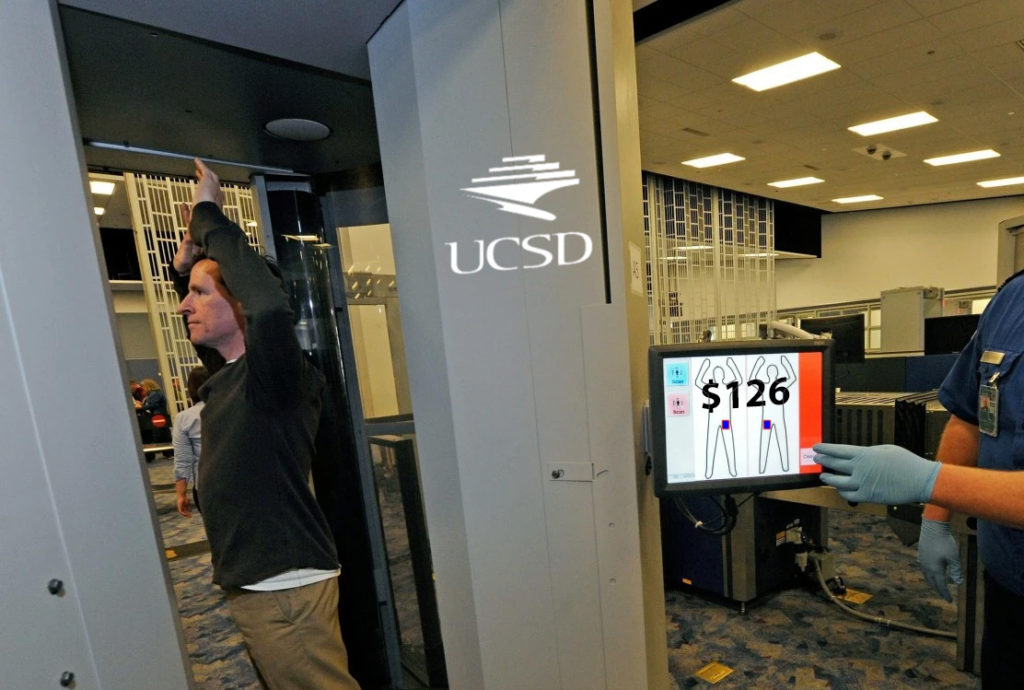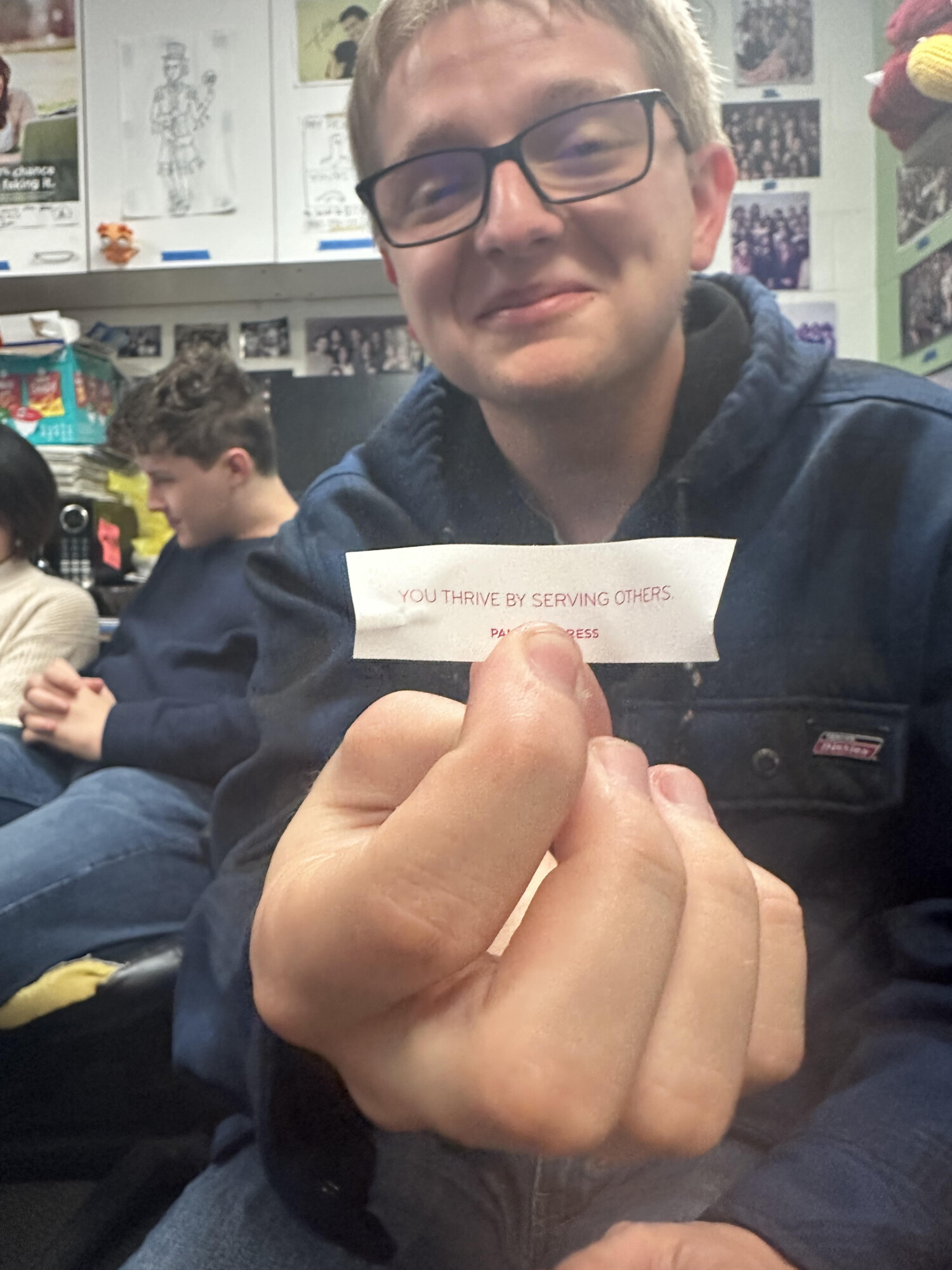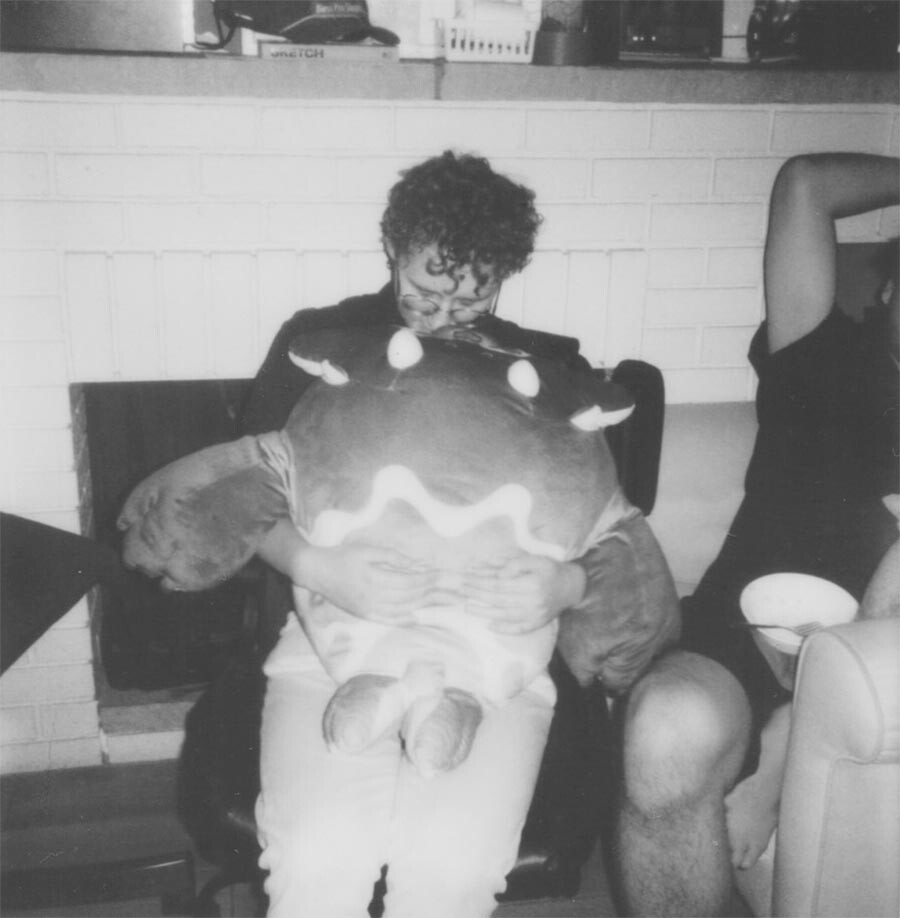
Photo by” Lawrence Lee
As per California Proposition 209, the 2016-2017 incoming freshman class will be the 20th UC class to have been accepted independent of their race, sex, or ethnicity. Still, universities across the state remain in search of an ideal combination of easily-identifiable characteristics to pick out the richest, most financially dependable students.
“Of course I was in favor of the Prop 209 ruling in ’96,” states UC Davis recruiter Peter Bocian. “The blind acceptance of students has done a lot for this campus, and not just for the informational pamphlets we hand out to parents. In fact, some of my best friends are of some ethnicity.”
However, acceptance statistics for the Davis campus have largely remained unchanged since the ruling. Two -thirds of all undergraduate students are White or Asian, less than 20 percent are Hispanic, and less than three percent are Black, which is not even enough of a percentage to warrant numeral use instead of the actual word ‘three’ in AP Style.
Another recruiter offered an explanation for the apparent failure of Prop 209. “The biggest problem here is that good-willed people are being burned at both ends,” said Community Relations Chancellor Diane Dietz. “All the recruiters have been trained to have a blind eye. But all the recruiters know who pays their salary — University Big Wigs and wealthy alums.
“So you come up with a system of determining a student’s potential monetary value without knowing their race or gender,” Dietz continues. “What kind of neighborhood are they from? How private was their high school? How many Jacuzzi jets do they average per hot tub they own?”
A recruiter from UCLA, who wished to remain unnamed, presented their formula for determining a student’s eligibility. Named “The Russell M. Jackson Human-to-Ka-ching Equation”, the formula uses a variety of conversions to turn a qualitative individual into a quantitative piece of data.
“Basically, I was told to determine exactly how much of a cash cow any one person would be to the university,” explained the recruiter, codenamed Mussell J. Rackson, while speaking into a voice modulator, fully aware that the interview would be published in print only.
“Look how rich the school is now. We just got two new fountains, one next to the Black Resource Center, and one to really pull the Alumni Center together. The Italian marble tile flooring was just not doing it by itself.”
Larree Renda, a Latina student graduating fourth in her class from Sunny Hills High School in Fullerton, California, is hoping to receive her acceptance letter from UCSD later this week.
“I’m pretty confident I’ll get in. I’m sure my 4.3 GPA, my leading the water polo team, and my involvement in coordinating the city’s 12 soup kitchens will make me a star candidate. My only worry is that I didn’t answer the last question correctly. I think they asked ‘How much of your financial future are you willing to jeopardize for an above average education in a country that won’t appreciate you regardless?’”
Barak Tzori is an MQ Alum and was Editor-in-Chief for the 2016-17 school year.











